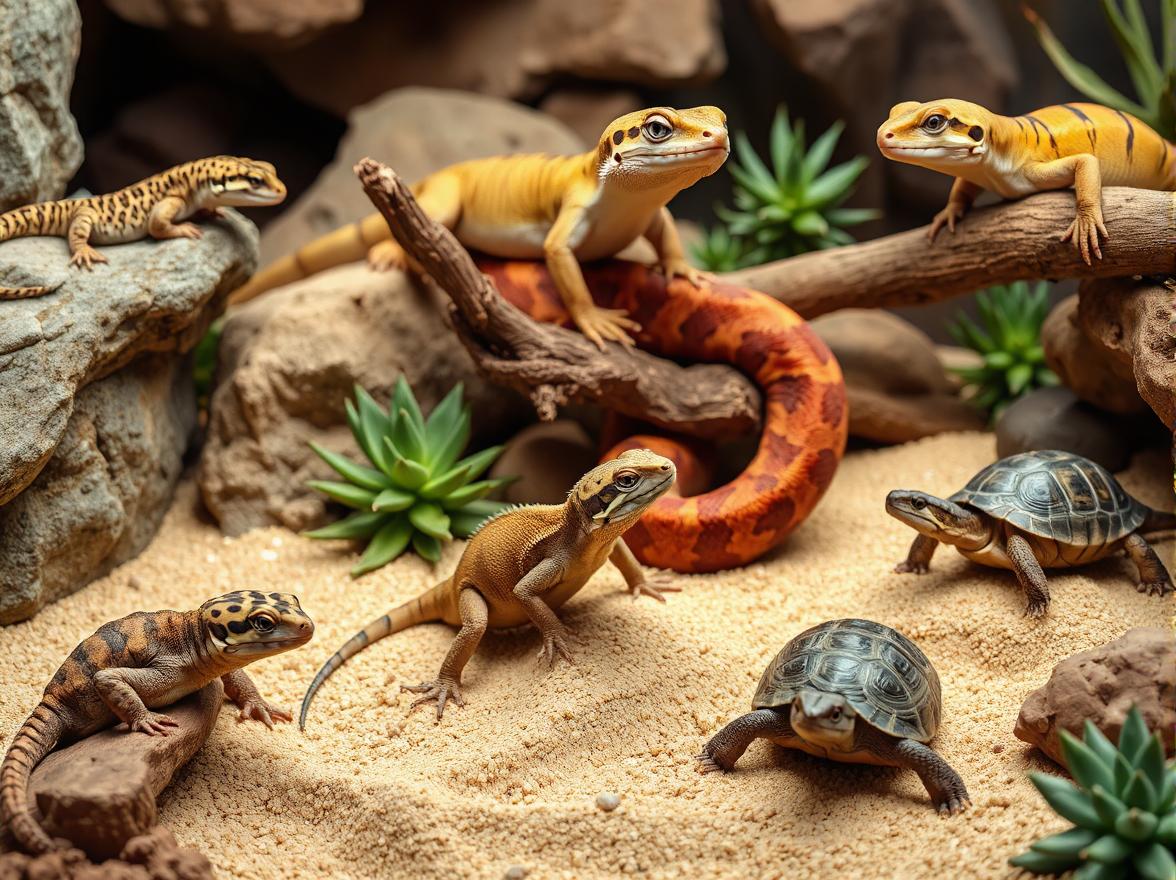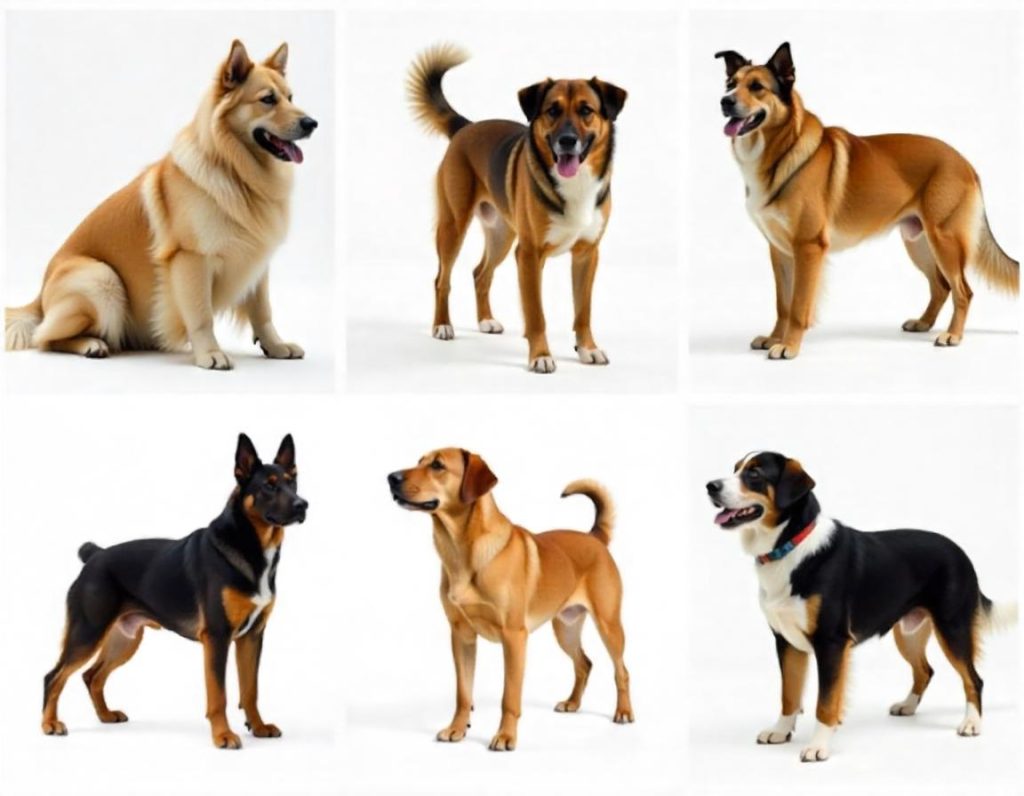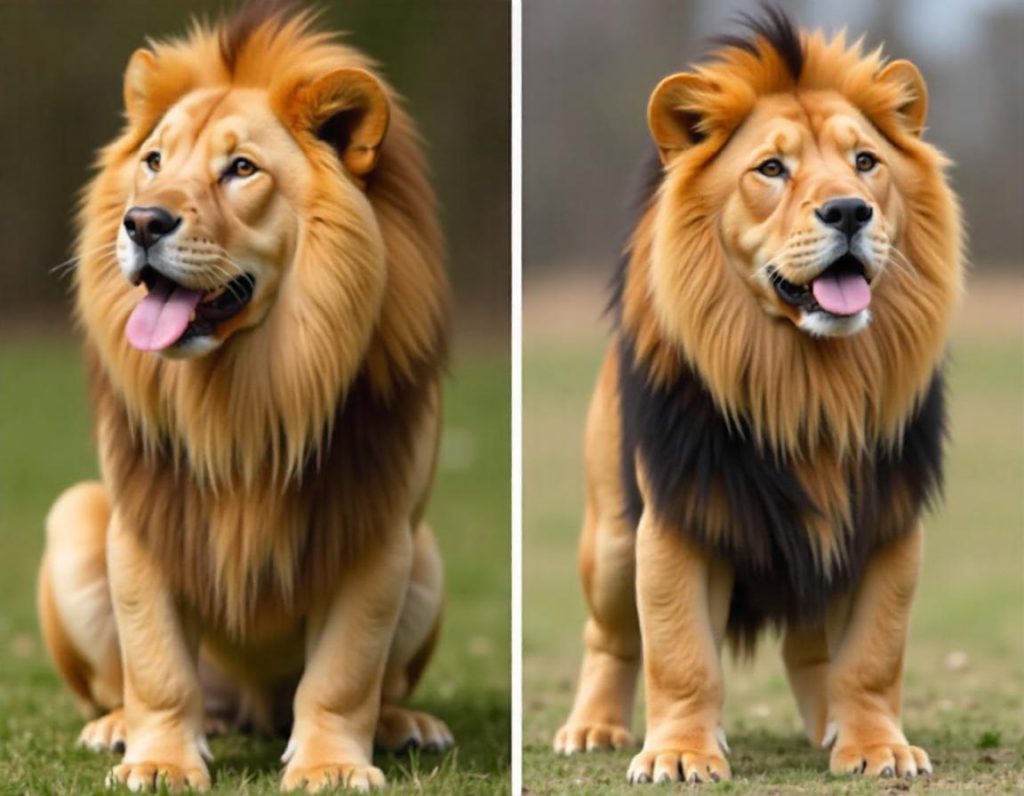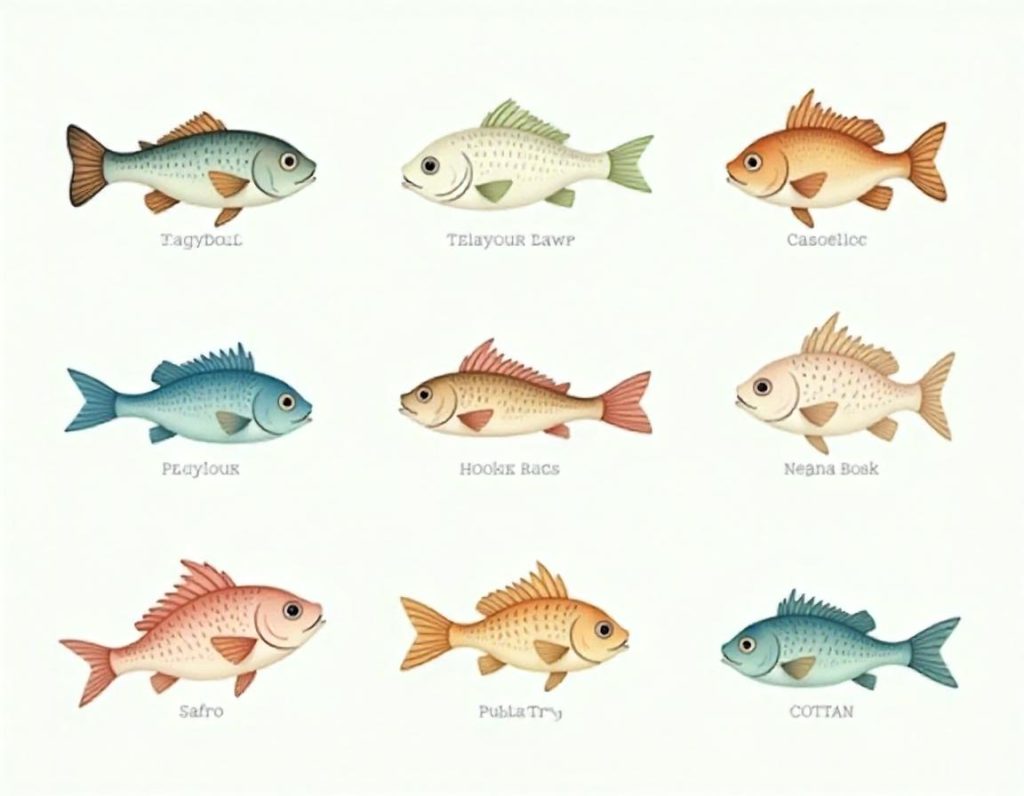Best Reptile Pets: Ultimate Guide to Choosing the Right One for You
Reptile pets can be an exciting and unique addition to your home. Unlike traditional pets like cats or dogs, reptiles offer a different kind of companionship, requiring less attention and maintenance but still providing tons of enjoyment. Whether you’re a first-time pet owner or an experienced reptile enthusiast, selecting the best reptile pet can be challenging. This comprehensive guide will help you understand the different types of reptiles, their care needs, and which ones might be best suited for you.
Why Reptiles Make Great Pets
Before we dive into the specifics of which reptile pets are best, let’s explore why reptiles are becoming increasingly popular as pets.
- Low Maintenance: Compared to dogs or cats, reptiles require less day-to-day care. They don’t need daily walks or constant social interaction.
- Interesting and Unique: Reptiles come in a wide range of colors, shapes, and sizes, offering a unique pet experience for those who want something different from typical pets.
- Space Efficiency: Reptiles, especially smaller ones, don’t require much space. An appropriately sized terrarium or tank is usually enough for them to thrive.
- Long Lifespan: Many reptiles can live for several decades, providing long-term companionship.
- Low Allergy Risk: Reptiles do not shed fur or produce dander, making them a good choice for people with allergies to cats and dogs.
With all these reasons in mind, it’s important to consider which reptile will best fit your lifestyle and the environment in which it will live. Let’s explore some of the best reptile pets to keep at home.
1. Leopard Gecko: A Friendly and Low-Maintenance Choice
Overview: The leopard gecko (Eublepharis macularius) is one of the most popular reptile pets. Known for their docile temperament and easy care requirements, leopard geckos are perfect for beginners.
Care Requirements:
- Enclosure: A 20-gallon tank is suitable for a single gecko.
- Temperature: A temperature gradient between 75°F to 90°F, with a basking spot around 95°F.
- Diet: Crickets, mealworms, and other insects. They are insectivores, so they require a diet of live prey.
- Humidity: A low humidity environment, around 30%-40%.
Why They’re Great:
- Social: Leopard geckos are solitary but can enjoy interaction and are often curious about their owners.
- Handling: They tolerate handling very well, making them great for kids or first-time reptile owners.
- Low Maintenance: No special lighting or heat sources beyond the basics are required.
2. Bearded Dragon: The Social and Interactive Reptile
Overview: Bearded dragons (Pogona vitticeps) are known for their social nature. These reptiles often form strong bonds with their owners, making them one of the most interactive reptile pets.
Care Requirements:
- Enclosure: At least a 40-gallon tank for a single adult.
- Temperature: A basking spot of around 95°F and a cool side at 75°F.
- Diet: Bearded dragons are omnivores. They enjoy a diet that includes leafy greens, vegetables, and live insects.
- Lighting: UVB lighting is crucial for their health.
Why They’re Great:
- Personality: Bearded dragons are curious, interactive, and enjoy being handled. They can even learn to recognize their owners.
- Adaptable: They can thrive in a variety of environments and are fairly easy to care for, making them ideal for both beginners and experienced pet owners.
3. Corn Snake: The Calm and Beautiful Reptile
Overview: The corn snake (Pantherophis guttatus) is one of the most commonly kept pet snakes. They are known for their vibrant colors and calm demeanor, making them ideal for first-time snake owners.
Care Requirements:
- Enclosure: A 20-gallon tank is suitable for an adult corn snake.
- Temperature: Maintain temperatures between 75°F and 85°F with a basking area around 90°F.
- Diet: Corn snakes eat small mammals such as mice. They are constrictor snakes and should be fed appropriately sized prey.
- Humidity: Corn snakes do well in low humidity environments.
Why They’re Great:
- Gentle Nature: Corn snakes are known for being calm and non-aggressive, even when handled.
- Size: They are relatively small (adults typically grow to 4-5 feet), which makes them easier to handle and house.
- Longevity: With proper care, corn snakes can live 15-20 years.
4. Ball Python: The Perfect Pet Snake for Beginners
Overview: Ball pythons (Python regius) are one of the most popular snake species due to their docile nature and manageable size. They are a great choice for both beginners and experienced reptile keepers.
Care Requirements:
- Enclosure: A 20-gallon tank is sufficient for a juvenile, but adults may need a 40-gallon tank.
- Temperature: Ball pythons require a temperature gradient of 75°F to 80°F, with a basking area of 90°F.
- Diet: Ball pythons primarily eat rodents like mice and rats.
- Humidity: Maintain humidity levels between 50%-60%.
Why They’re Great:
- Easy to Handle: Ball pythons are known for their calm and gentle temperament. They are not aggressive and rarely bite.
- Compact Size: They are relatively small, growing to 3-5 feet in length, which makes them manageable for those with limited space.
- Variety of Colors: Ball pythons come in a variety of morphs, which means you can find one with colors and patterns that suit your style.
5. Red-Eared Slider Turtle: A Classic Reptile Companion
Overview: The red-eared slider (Trachemys scripta elegans) is one of the most popular freshwater turtles. These turtles are easy to care for and can live for many years if properly maintained.
Care Requirements:
- Enclosure: An aquarium with both water and a basking area is required. A 40-gallon tank is a good starting point for one adult.
- Temperature: Maintain water temperature between 75°F and 80°F with a basking area around 90°F.
- Diet: Red-eared sliders are omnivores. They eat a mix of pellets, leafy greens, and occasional live insects.
- Lighting: UVB lighting is necessary for their health.
Why They’re Great:
- Long Lifespan: Red-eared sliders can live up to 30 years, making them a long-term commitment.
- Low Maintenance: While they do require an aquarium setup, their care needs are relatively simple, especially for people who don’t mind the aquatic aspect of keeping a pet.
6. Crested Gecko: An Exotic and Low-Maintenance Pet
Overview: Crested geckos (Correlophus ciliatus) are one of the easiest reptiles to care for, making them ideal for beginners. These geckos are native to New Caledonia and are known for their unique appearance, including their “crest” of spiky skin along their heads and backs.
Care Requirements:
- Enclosure: A 20-gallon tall terrarium is perfect for one adult.
- Temperature: The temperature should be maintained between 70°F and 80°F.
- Diet: Crested geckos are primarily fruit eaters but will also consume insects. Commercial crested gecko food is widely available.
- Humidity: They prefer a humidity level of 50%-60%.
Why They’re Great:
- Easy to Care For: Crested geckos do not require special lighting or heating, making them a low-maintenance option.
- Unique Appearance: They have striking features, including their large eyes and crest, which add to their appeal.
- Great for Beginners: Crested geckos are gentle and enjoy climbing, making them fascinating to watch and easy to handle.
7. Russian Tortoise: A Slow-Moving, Long-Lived Companion
Overview: The Russian tortoise (Testudo horsfieldii) is one of the most popular pet tortoises due to its manageable size and hardy nature.
Care Requirements:
- Enclosure: A large, secure outdoor pen is ideal, but they can also live in a spacious indoor enclosure with a UVB light.
- Temperature: Russian tortoises prefer a temperature range of 70°F to 80°F.
- Diet: They are herbivores, so they eat a variety of leafy greens, vegetables, and some fruits.
- Humidity: Russian tortoises do well in drier conditions but still need access to water for hydration.
Why They’re Great:
- Long Lifespan: Russian tortoises can live
for 50 years or more, making them a long-term commitment.
- Active and Fun to Watch: They enjoy exploring their environment and are often quite active, making them a fascinating pet to observe.
Conclusion: Choosing the Best Reptile Pet for You
Choosing the right reptile pet depends on your lifestyle, the space you have available, and the amount of time you can dedicate to their care. Leopard geckos, bearded dragons, and ball pythons are great for beginners due to their docile nature and manageable care requirements. If you’re interested in a reptile that requires minimal space, a crested gecko or leopard gecko could be a good fit. For those who prefer larger reptiles, the bearded dragon or red-eared slider turtle might be more suitable.
Each of these reptiles offers unique characteristics and care needs, but with the right environment and attention, they can all make excellent companions. Whether you’re seeking a calm snake, a lively lizard, or an interactive turtle, there’s a reptile out there that could be your perfect pet.
Remember, all reptiles require specific care, including proper heating, humidity, and lighting. Before bringing one home, make sure you’re fully prepared for their needs, and always source your pet from a reputable breeder or rescue organization.
Happy reptile-keeping!
Related Questions:
What is the best reptile pet for beginners?
The best reptile pet for beginners is usually the leopard gecko or bearded dragon. Both are docile, easy to care for, and have manageable space and temperature requirements.
Do reptiles make good pets for kids?
Yes! Reptiles like leopard geckos and bearded dragons are excellent pets for kids, as they are low-maintenance and can be handled gently. However, always supervise younger children when interacting with reptiles.What reptile is the easiest to take care of?
The leopard gecko and crested gecko are among the easiest reptiles to care for. They have simple temperature and diet requirements, making them perfect for beginners.





